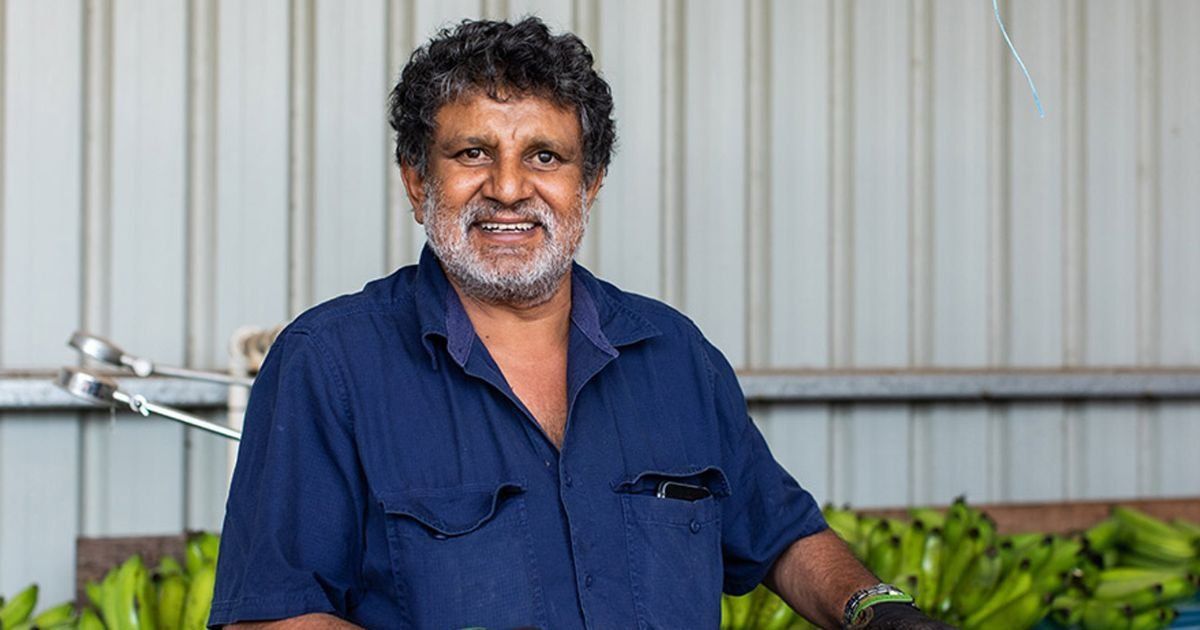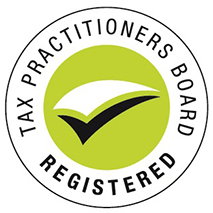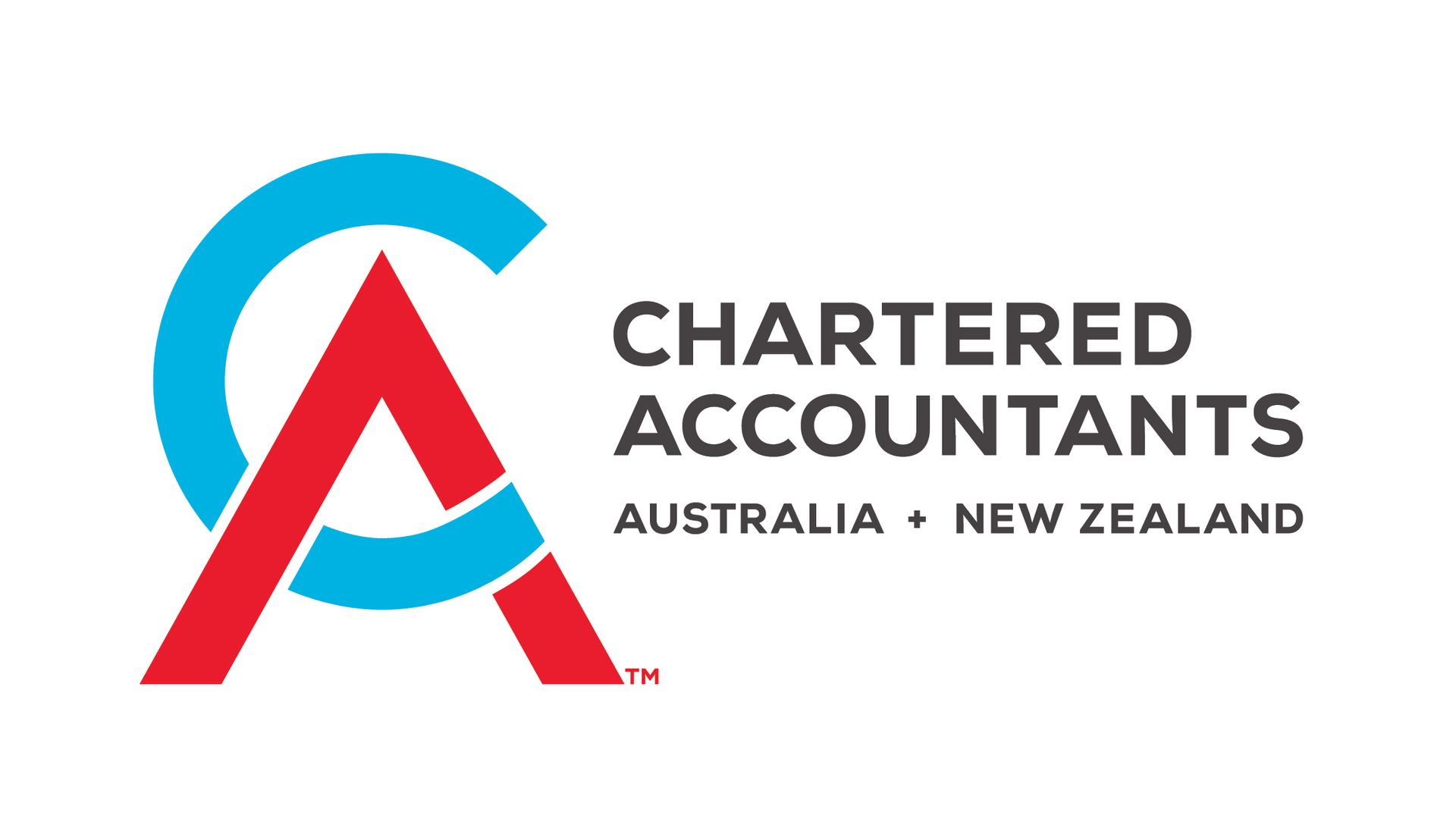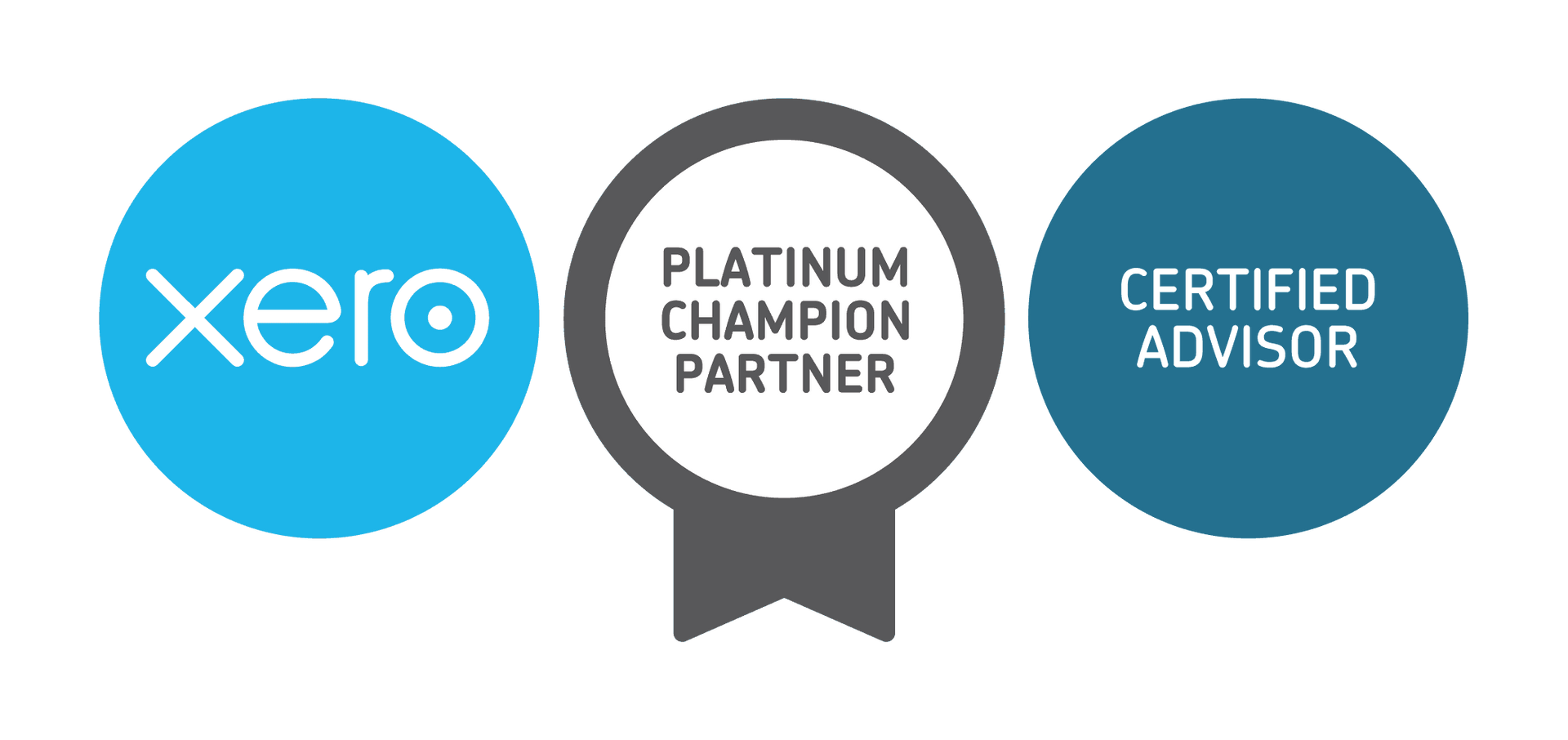Score a $500 super bonus: the government super co-contribution explained

Imagine an extra $500 landing in your super fund, courtesy of the government, simply for being proactive about your financial future. If you're a low to middle income earner making after-tax contributions to your super without claiming a tax deduction, you could be eligible for this often forgotten about super boost. Here’s how it works.
How does the super co-contribution scheme work?
The superannuation co-contribution scheme is a government initiative aiming to assist low to middle-income earners save for their retirement. What that means is, depending on the amount of income you earn each year, the government may add to your super when you make a voluntary after-tax contribution, which you don’t claim a tax deduction for. The amount you receive will depend on how much you contribute as well as your income.
Are you eligible for a super co-contribution?
To be eligible for a super co-contribution from the government, generally you must:
-
make an after-tax contribution to your super fund, which you don’t claim a tax deduction for
-
lodge your annual tax return for the relevant year
-
have a total income that’s less than $60,400 in the 2024/25 financial year for at least a part co-contribution (more info on this below)
-
receive 10% or more of your income from eligible employment and/or running a business
-
be less than 71 years old at the end of the financial year that you’re making the contribution
-
have a total super balance below $1.9 million as at 30 June of the financial year prior to the year that you’re contributing
-
not have exceeded your non-concessional contributions cap for the year
-
not have held a temporary visa at any time during the financial year (unless you’re a New Zealand citizen or it was a prescribed visa).
What do you need to do to get the super co-contribution?
Provide your tax file number to your super fund
You don’t need to apply for the super co-contribution but you will need to make sure you’ve provided your tax file number to your super fund. Generally, your super fund can’t accept after-tax contributions, or receive co-contributions on your behalf, if you haven’t provided your tax file number.
Lodge your tax return
You’ll need to lodge your annual tax return for the relevant year. The Australian Taxation Office (ATO) will then use the information provided in your tax return and the contribution information from your super fund to work out your eligibility.
If you’re eligible, the ATO will automatically calculate the appropriate amount that’s owing to you and will typically deposit this into the super fund which you have made the contribution to. If you’ve recently retired and have closed your super account, it may be possible to have your co-contribution paid to you directly.
How much will the super co-contribution be?
If your total income is equal to or less than $45,400 in the 2024/25 financial year and you make after-tax contributions of $1,000 to your super fund, you’ll receive the maximum co-contribution of $500. If your total income is between $45,400 and $60,400 in the 2024/25 financial year your maximum entitlement will reduce progressively as your income rises. If your income is equal to or greater than the higher income threshold of $60,400 in the 2024/25 financial year, you won’t receive any co-contribution. You can use the ATO’s co-contribution calculator to estimate your entitlement and eligibility.
What counts towards your total income?
Your total income for this purpose includes your assessable income, reportable super contributions and any reportable fringe benefits, less any amounts you’re entitled to claim as a tax deduction for running your own business. Reportable fringe benefits typically arise where non-cash benefits are provided to you by your employer, such as a company car or lease vehicle.
Are there other things you should be across?
-
The income thresholds mentioned above are indexed each year in line with increases in average weekly earnings and may change in future financial years.
-
If you exceed concessional and non-concessional super contribution caps, additional tax and penalties may apply.
-
The value of your investment in super can go up and down, so before making extra contributions, make sure you understand, and are comfortable with, any potential risks.
-
The government sets general rules around when you can access your super, which typically won’t be until you reach your preservation age of 60 years old and meet a condition of release, such as retirement.
Where to go for further information
Check the ATO’s website for up to date information.
Source: AMP













